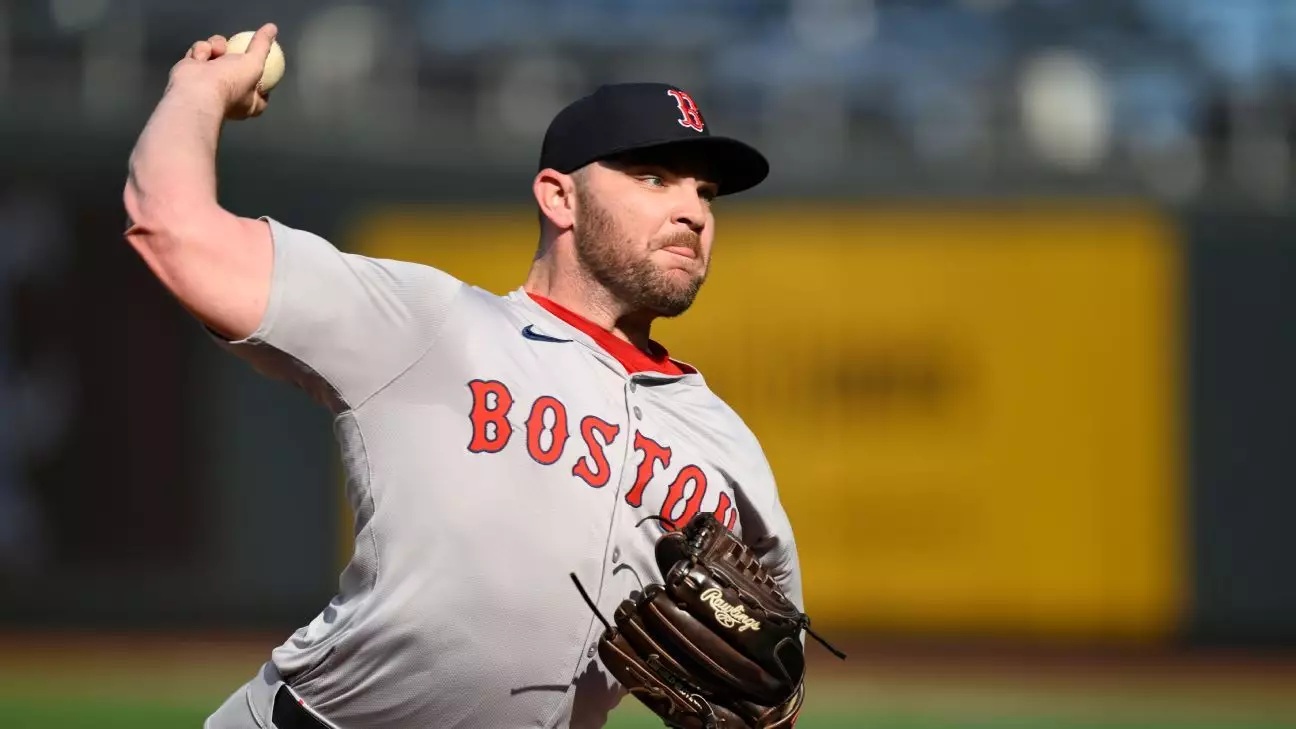Breaking the Silence: The Emotional Toll of Social Media on Athletes
Hey there, fellow sports enthusiast! Today, I want to delve into a topic that’s been gaining attention in the sports world and beyond. It’s about how social media impacts athletes emotionally, especially under the spotlight of fame. As someone who loves both sports and conversations about mental well-being, I find this discussion incredibly important. Let’s explore how athletes, like Boston Red Sox manager Alex Cora, are speaking up about the darker side of fame and the realities they face.
Recently, I came across an incident involving relief pitcher Liam Hendriks that really struck a chord with me. Hendriks bravely spoke out against the hate-filled messages he and his family received online after a tough game loss. His courage in addressing these issues highlights a growing concern in the sports community about accountability and empathy. It made me reflect on how we, as fans, engage with athletes on social media platforms. Let’s talk about why this conversation matters and what we can do to support athletes better.
Key Takeaways
- Athletes face significant emotional challenges due to public scrutiny on social media.
- Anonymity online often leads to a lack of responsibility and increased harassment.
- Support systems are crucial for athletes’ mental health and well-being.
- Creating a respectful online environment is a shared responsibility for fans and platforms.
The Human Cost of Competitive Sports
The pressures faced by professional athletes extend far beyond their performances on the field. Liam Hendriks’s story is one of resilience; despite dealing with non-Hodgkin’s lymphoma and injuries, he’s had to endure public criticism for his performance statistics. This highlights the immense psychological burden athletes carry, which often goes unnoticed. Public scorn can hurt more than any physical injury sustained during a game. It’s crucial for us to remember that while sports may seem glamorous from a distance, they demand significant mental and emotional sacrifices from those involved.

Social media adds another layer of complexity to this situation. In today’s digital age, frustration can quickly turn into online outrage after a contentious game. Alex Cora pointed out the unsettling link between sports betting and fans’ emotional reactions. When money is involved, players often bear the brunt of heightened emotions. This issue isn’t just about individual behavior; it’s systemic, reflecting a culture where hostility is allowed to thrive unchecked online. Understanding this helps us see why addressing these challenges is so important for everyone involved.
The Importance of Support Systems
Cora’s empathy towards Hendriks sheds light on an essential element of mental health for athletes: robust support systems. Many people underestimate how vital team leaders and peers can be in providing an emotional safety net. Reflecting on his own experiences, such as navigating backlash after the Astros cheating scandal, Cora underscores how solidarity among players and management can be pivotal. A strong support structure might be the difference between an athlete thriving or struggling under pressure.

Cora’s decision to prioritize attending his daughter’s graduation over a game further illustrates the need for balance between personal life and professional duties. This tension highlights the responsibilities faced by players and managers alike, showing how personal stakes are deeply intertwined with their careers. It’s refreshing to see leaders like Cora emphasize family connections and promote a culture of empathy—especially when toxic online conversations threaten these bonds. By valuing personal relationships, they set an example that resonates beyond just sports.
Creating a Healthier Online Environment
While it’s essential for athletes to build resilience, fans and social media platforms also have responsibilities in fostering a respectful environment. Cora’s insights into the ‘dangerous path’ created by gambling’s intersection with sports should be a rallying cry for reform. It’s vital for all stakeholders—fans, players, and companies—to work together in discouraging aggressive behavior online. By cultivating spaces where respect prevails over hostility, we can ensure that sports remain a source of joy rather than despair.
As discussions around mental health continue to grow, reshaping how we view athletes is paramount. They aren’t just targets for unwarranted criticism but respected individuals with lives outside their sport. Developing tools and strategies for healthier interactions can pave the way for a brighter future in sports—one that embraces compassion while fostering accountability. We all play a role in nurturing an environment where encouragement triumphs over toxicity and ensures that sports remain enjoyable for everyone involved.
Final Thoughts
This conversation about social media’s impact on athletes is one we need to keep having—not just within sports but across all areas where public figures are involved. As fans, our engagement should be rooted in respect and understanding rather than judgment or hostility. By standing alongside athletes like Liam Hendriks and leaders like Alex Cora who advocate for change, we contribute to creating a more supportive atmosphere that benefits everyone involved in sports.
social media athletes’ mental health public scrutiny support systems


Leave a Reply